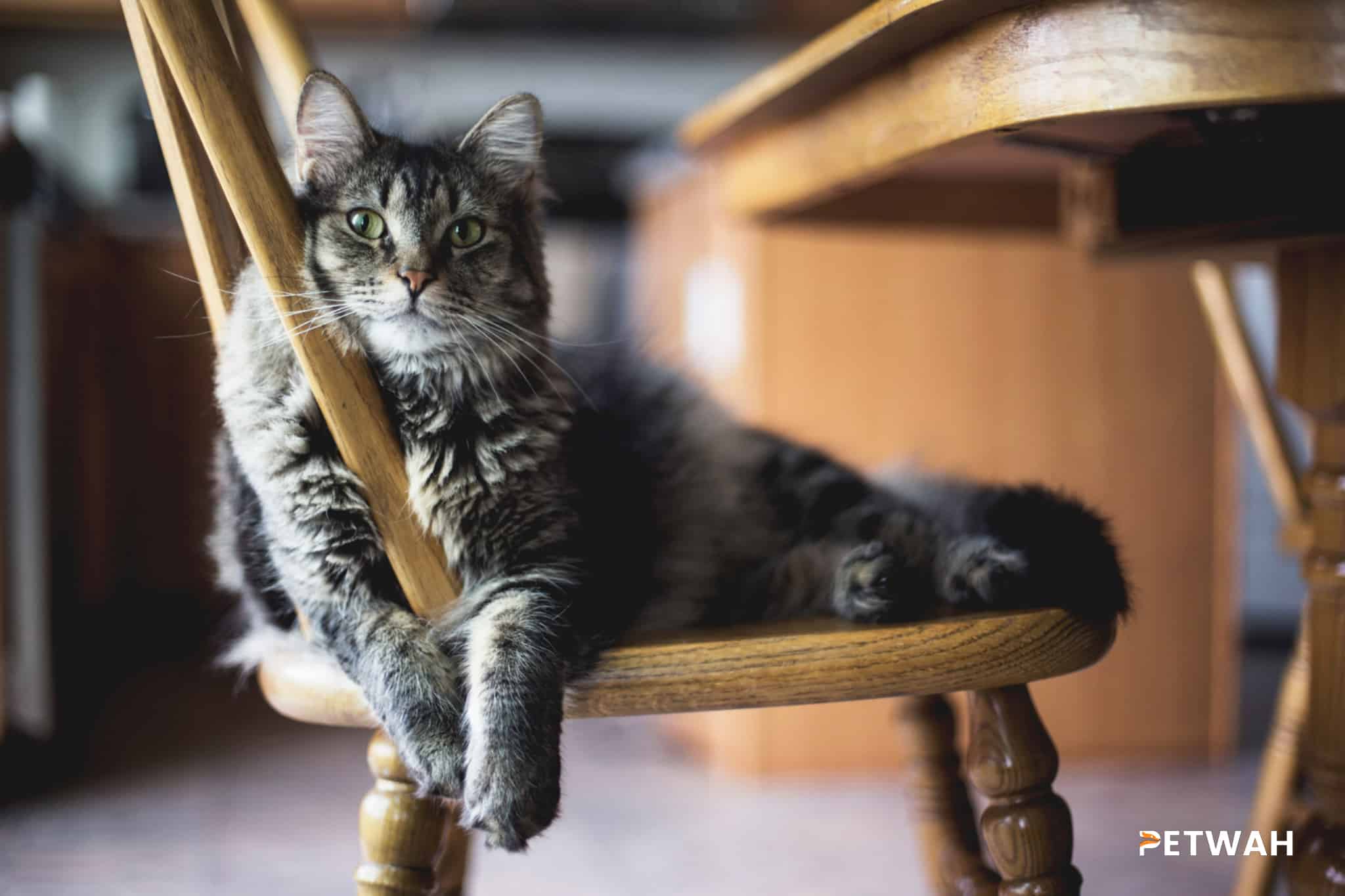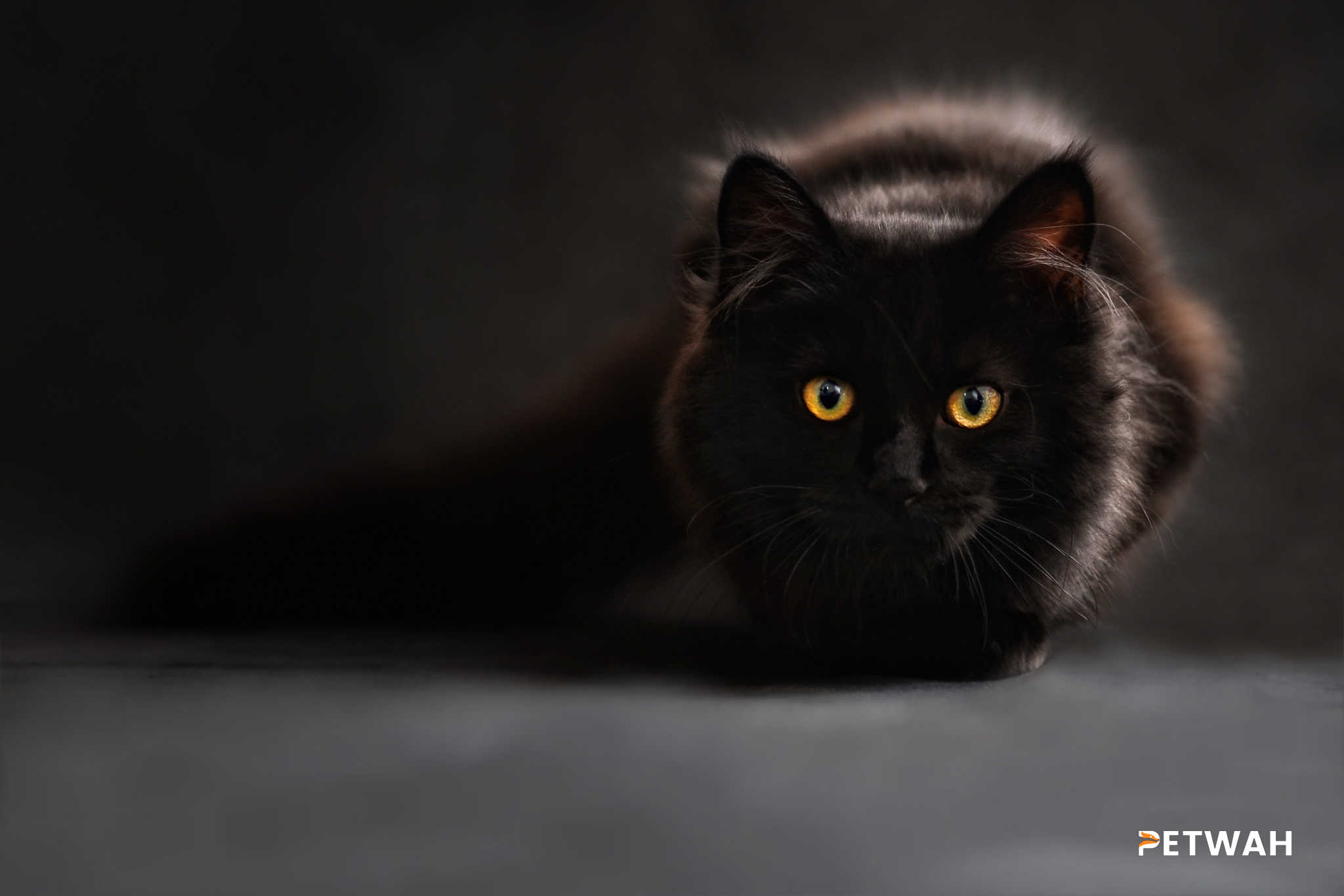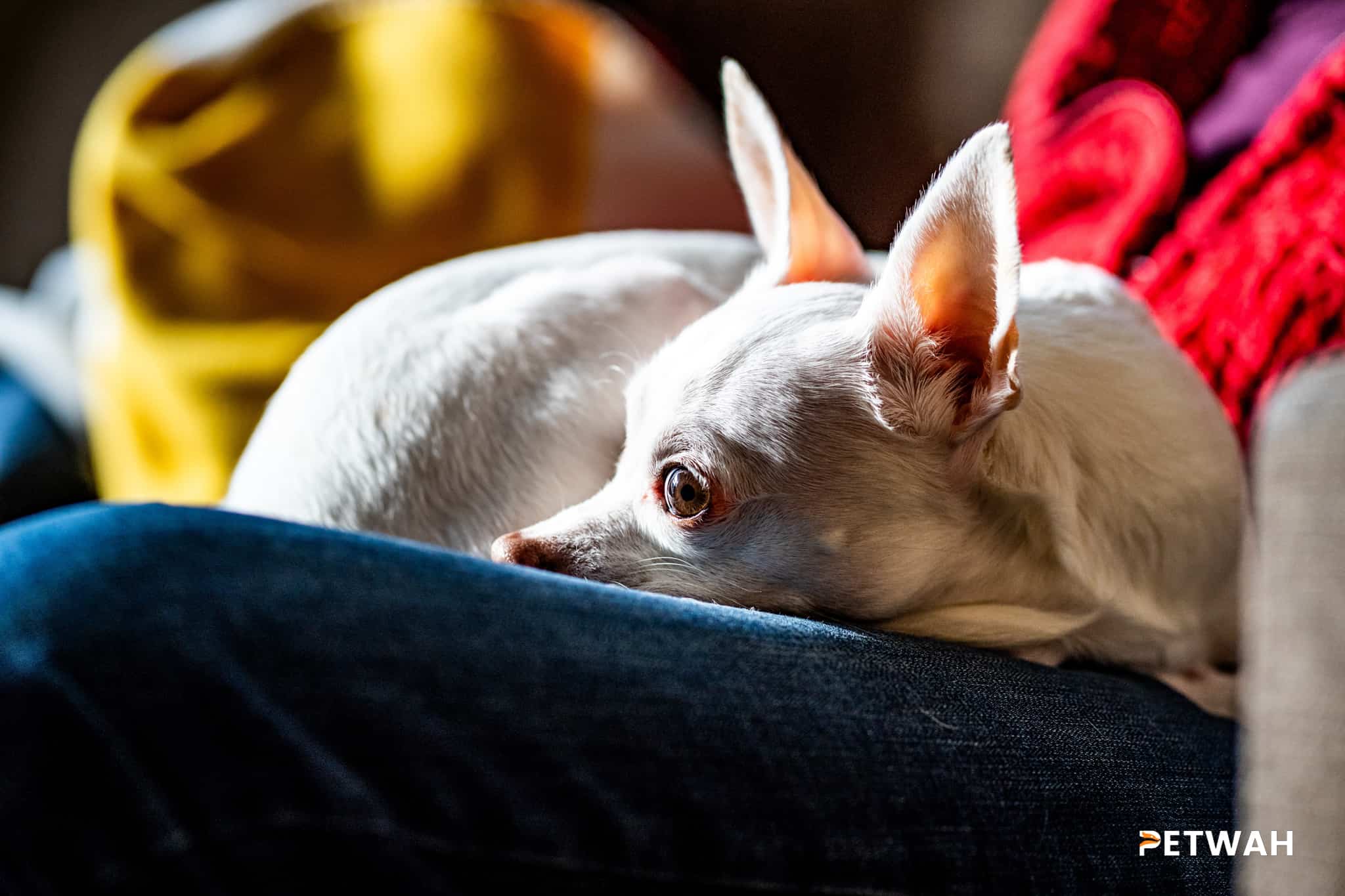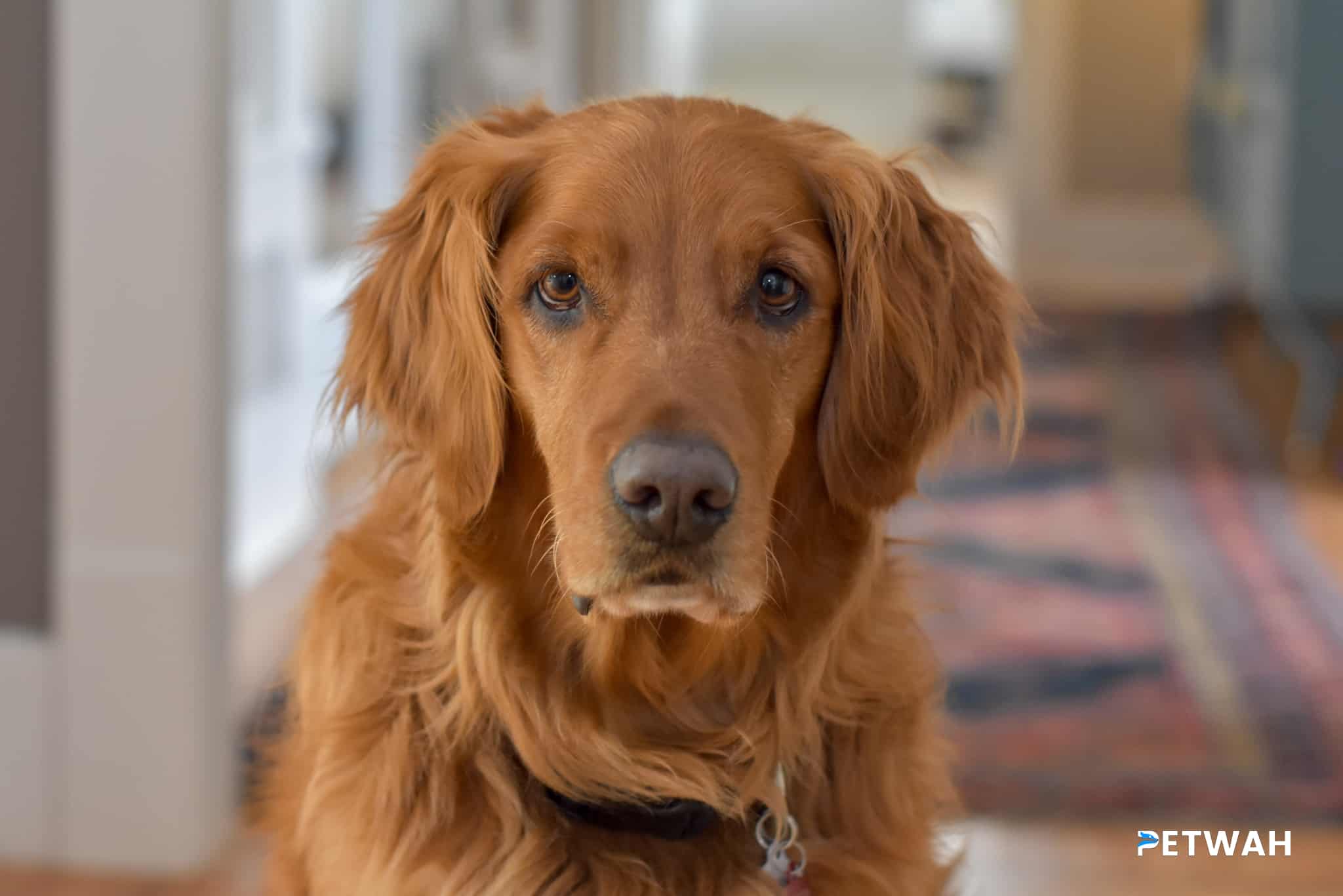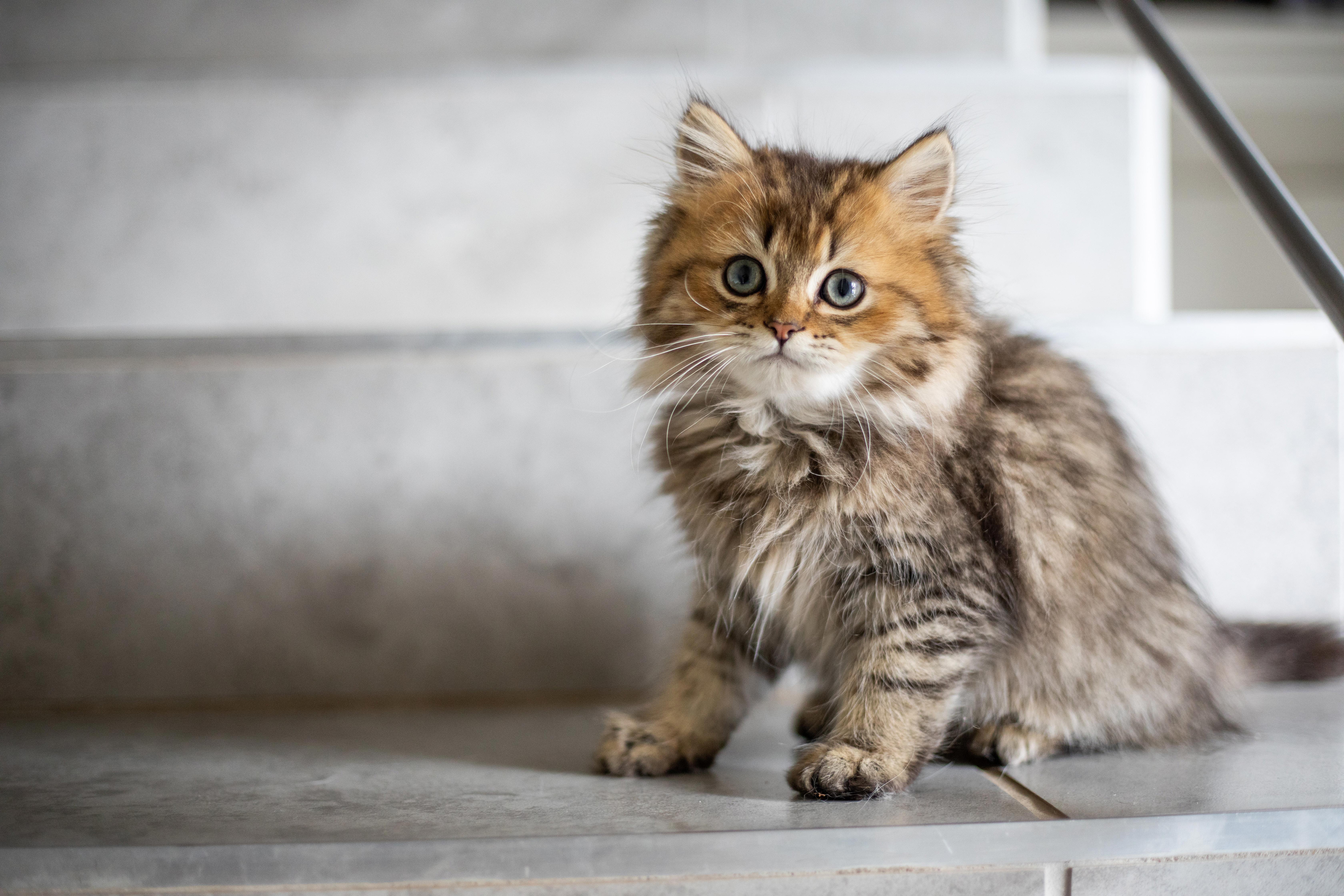Introduction:
When it comes to caring for a cat, financial considerations are undoubtedly an important aspect that couples should keep in mind. Cats require various expenses, including food, veterinary care, grooming, supplies, and potentially unexpected costs like medical emergencies. Budgeting and planning ahead can help couples provide the best care for their feline friend while also maintaining their financial stability. In this blog post, we will explore the key financial considerations couples should keep in mind when caring for a cat.
Understanding the Financial Responsibilities:
1. Veterinary Care:
Regular veterinary care is crucial for a cat’s health and well-being. Couples should be prepared for costs associated with vaccinations, wellness exams, preventive medications, and dental care. Additionally, they may need to consider the possibility of unexpected veterinary expenses due to accidents or illnesses. It is wise to budget for routine veterinary visits and consider pet insurance as a means of covering unexpected costs.
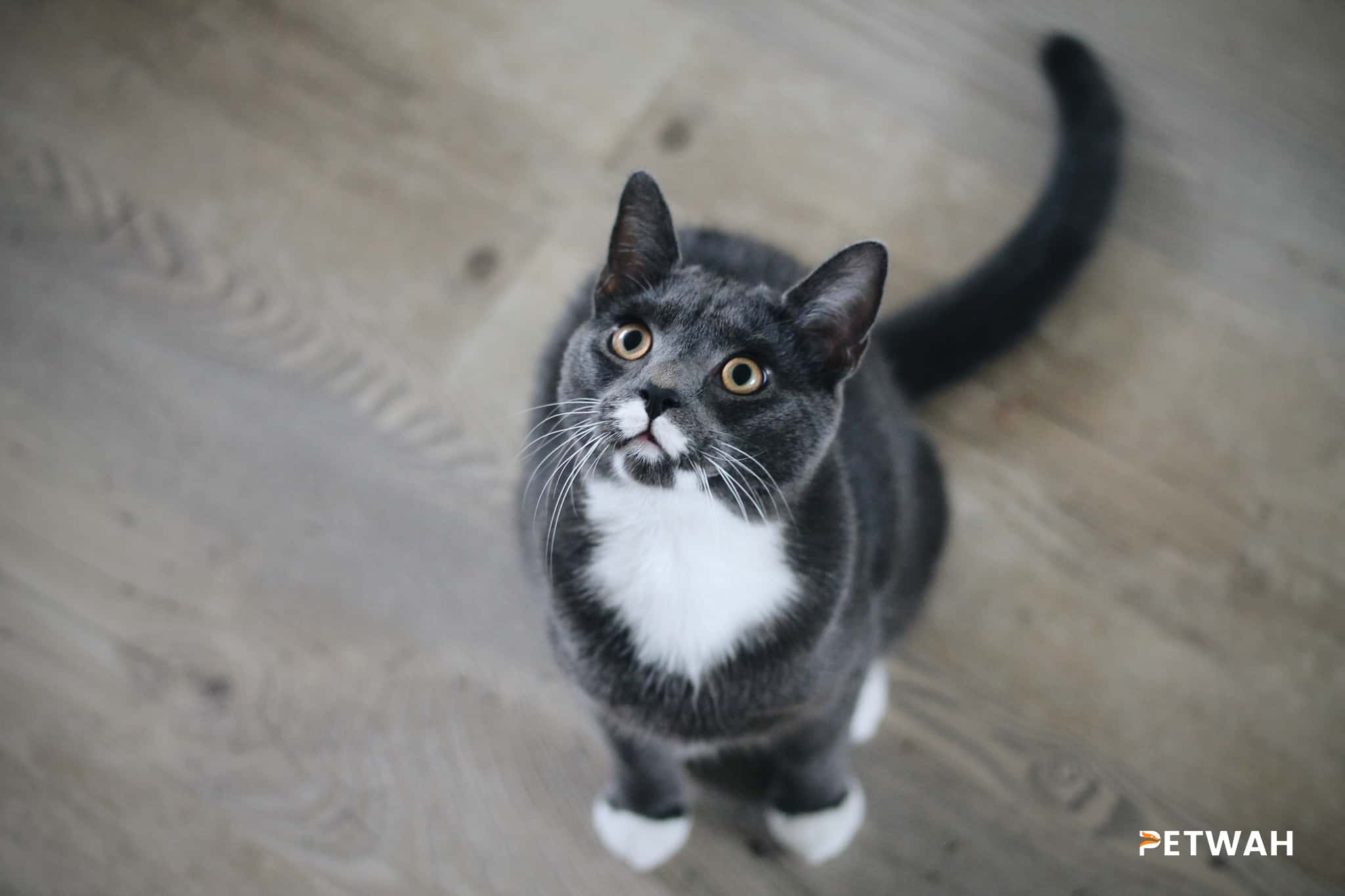
2. Food and Nutrition:
Feeding a cat a balanced diet is essential for their overall health. Couples should consider the cost of high-quality cat food that meets their feline companion’s nutritional requirements. It is essential to choose food that is appropriate for the cat’s age, size, and specific health conditions, if any.
3. Grooming and Hygiene:
While cats are generally clean animals, they still require regular grooming. Depending on the cat’s breed and coat length, grooming may involve brushing, nail trimming, and occasional bathing. Couples should factor in the cost of grooming supplies such as brushes, nail clippers, and pet-safe shampoos.
4. Supplies and Accessories:
Cats need certain supplies and accessories to ensure their comfort and well-being. These can include litter boxes, litter, scratching posts, toys, beds, and carriers. Couples should consider the initial cost of purchasing these items as well as ongoing expenses for litter and replacements.
Handling Unexpected Costs:
1. Pet Insurance:
Pet insurance can help alleviate the financial burden of unexpected veterinary expenses. By paying a monthly premium, couples can have peace of mind knowing that major medical bills may be partially or fully covered. It is important to thoroughly research different insurance options and choose a plan that suits their budget and coverage needs.
2. Emergency Fund:
Setting aside an emergency fund specifically for pet-related expenses can provide a safety net for unforeseen circumstances. A dedicated savings account can help cover unexpected costs, such as emergency surgeries or treatments. Couples should aim to save a certain amount each month, gradually building a fund to ensure their ability to provide necessary care.
FAQs:
1. How much does it cost to own a cat?
The cost of owning a cat can vary depending on factors such as breed, size, age, and location. On average, the basic expenses for cat care can range from $500 to $1000 per year. However, it’s important to note that unexpected medical expenses can significantly increase these costs.
2. Is it worth getting pet insurance for a cat?
Pet insurance can be beneficial for cat owners, especially in situations where unexpected medical expenses arise. It can help cover the costs of treatments, surgeries, and medications, providing financial relief. However, it’s essential to carefully review the terms and conditions of the insurance policy to understand the coverage provided.
3. Are there any low-cost options for veterinary care?
Some organizations and clinics offer low-cost or discounted veterinary services for those in financial need. Additionally, some cities have programs that provide reduced-cost vaccinations and spaying/neutering services. It is worth researching local resources or reaching out to animal welfare organizations for assistance.
4. How can I reduce cat-related expenses?
There are several ways to reduce cat-related expenses. Some tips include:
– Buying cat supplies in bulk or taking advantage of sales and discounts.
– Considering homemade cat food or a mix of commercial and homemade food, after consulting with a veterinarian.
– Maintaining regular grooming to prevent the need for professional grooming services.
– Implementing preventive measures to reduce the risk of accidents or health issues.
5. Should I consider adopting a cat from a shelter?
Adopting a cat from a shelter can be cost-effective. Shelter cats usually come already vaccinated, microchipped, and sometimes even spayed or neutered. The adoption fee is usually significantly lower than purchasing a cat from a breeder. Additionally, by adopting, couples provide a loving home to a cat in need.
Conclusion:
Caring for a cat involves various financial considerations, from routine veterinary care to daily needs such as food and grooming. Couples should budget for these expenses and plan for unexpected costs by considering options like pet insurance and emergency funds. By taking these financial considerations into account, couples can ensure a happy and healthy life for their feline companion. For more information on pet care and supplies, visit PetWah, an online store dedicated to providing the best products for your pets.


